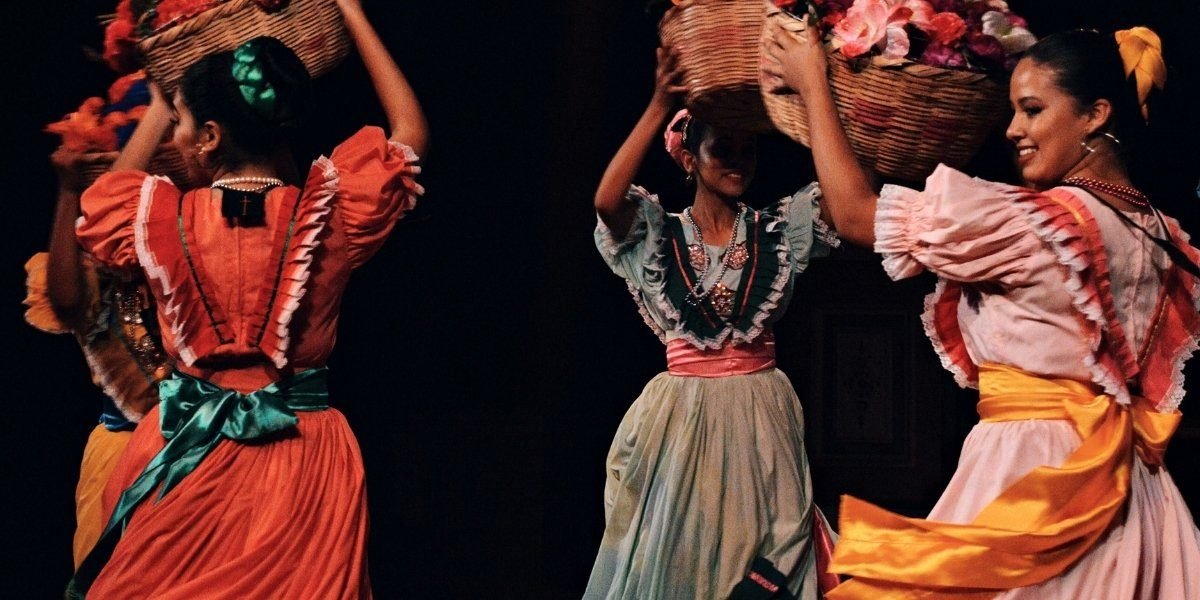The Grammy Awards have long been a platform for celebrating the best in global music, but in recent years, Latin music has taken center stage in ways never seen before. From reggaeton to bachata, Latin artists are now among the most recognized in the industry, shaping the soundscape of modern music and redefining the Grammys’ cultural relevance. As Latin music’s influence continues to grow, it’s crucial for investors and stakeholders in the entertainment and music industries to understand its impact, not just artistically, but commercially as well.
Latin Music’s Growing Influence at the Grammys
Historically, the Latin genre had a niche presence at the Grammys, but recent years have seen a shift that’s impossible to ignore. The Latin Grammy Awards, a separate but closely linked event, have provided a dedicated space for these artists. However, Latin music’s presence at the mainstream Grammys is now front and center. Artists like Bad Bunny, Shakira, and J Balvin have not only taken home numerous awards, but they’ve also headlined major performances, transforming the event into a truly global celebration of music.
The rise of Latin music at the Grammys is indicative of broader cultural trends that extend beyond music into fashion, media, and entertainment. With Latin artists earning significant recognition for their contributions to the global music scene, the Grammy stage has become a symbol of not just artistic achievement, but economic influence as well. The growing commercial success of Latin music—driven by streaming platforms and global music consumption—has positioned it as one of the key drivers of the music industry’s future.
The Rise of Latin Artists as Mainstream Superstars
One of the most significant stories in the music industry today is the rise of Latin artists into mainstream superstardom. Bad Bunny, for example, made history as the first all-Spanish language album to win the Grammy for Best Album in 2021, a moment that signified more than just a personal achievement—it was a cultural milestone. His success on streaming platforms like Spotify, combined with his ability to cross over into other genres, has led to unprecedented global recognition for Latin music.
Similarly, artists like Shakira and J Balvin have continued to break barriers, transcending the confines of Latin music into global pop culture. Their success at the Grammys not only reflects their artistic talents but also speaks to the growing economic power of the Latin market. For investors in the entertainment sector, understanding the financial impact of this cultural shift is crucial. As Latin music expands its reach across global markets, it’s reshaping the economics of the music industry in tangible ways.
The Economic Impact of Latin Music on the Music Industry

Photo Credit: Unsplash.com
The explosion of Latin music’s mainstream appeal has not only expanded the genre’s fanbase, but it has also had significant economic implications. According to the RIAA (Recording Industry Association of America), Latin music sales and streaming have reached new heights, with Latin music accounting for over 30% of total music consumption in the U.S. This has positioned Latin music as a major player in the global entertainment ecosystem.
For investors, understanding these shifts is essential, as the music industry’s revenue streams evolve. Latin music’s success is being driven by younger, more diverse audiences, particularly within the booming Latinx demographic in the U.S., which is projected to grow rapidly over the next decade. Additionally, Latin music has expanded its global reach, particularly in regions like Europe, Asia, and Africa, where artists have seen increasing demand for live performances and streaming.
The economic benefits extend beyond just the artists themselves. Latin music’s influence is evident in concert tours, merchandising, and even film and television, where the genre is helping to push boundaries in both content and cultural representation. For Wall Street investors, understanding how this growth impacts ancillary industries—from streaming platforms like Spotify and Apple Music to concert promoters and brands—can help in making informed investment decisions.
Latin Music and Corporate Sponsorships: A New Frontier
As Latin music continues to rise in prominence, brands are eager to align themselves with this cultural shift. Corporate sponsorships and brand partnerships with Latin artists have become increasingly valuable. High-profile sponsorships, like the collaboration between Shakira and Pepsi or Bad Bunny’s partnership with Adidas, show how the commercial potential of Latin music extends well beyond traditional music sales.
The Grammy Awards themselves have seen a shift in the type of sponsorships they attract, with companies in fashion, technology, and consumer goods looking to tap into the power of Latin culture. This trend is not limited to just major brands but is also influencing smaller, niche markets that cater to the Latin community. For investors looking to track emerging trends in corporate sponsorships, the rise of Latin music provides a unique opportunity to observe how cultural relevance can drive brand value and consumer loyalty.
What’s Next for Latin Music at the Grammys and Beyond?
Looking ahead, Latin music is expected to continue its ascent at the Grammys, with increasing representation across all categories, from Latin Pop to Latin Rock and Regional Mexican Music. The genre’s continued growth signals not only a shift in musical taste but also a larger cultural and economic transformation. As Latin music continues to resonate with global audiences, the Grammys will likely evolve further to reflect the genre’s influence, creating new opportunities for both artists and investors.
For Wall Street investors, the rise of Latin music is more than just a cultural moment—it represents a long-term trend with significant financial implications. As the Latin music market expands, so too will the opportunities for investment in streaming services, live events, and brand partnerships that capitalize on the cultural momentum. The music industry, once dominated by English-language music, is now being shaped by a more diverse, globally connected audience, and Latin music is leading the charge.
The Grammy Awards have become a pivotal space where Latin music is celebrated not only for its artistic excellence but also for its economic power. The global success of Latin artists is reshaping the music industry, with profound implications for investors, businesses, and the entertainment ecosystem. As we celebrate the rich heritage of Latin music, it’s clear that its influence at the Grammys is just the beginning of a larger cultural and economic movement that is here to stay.












